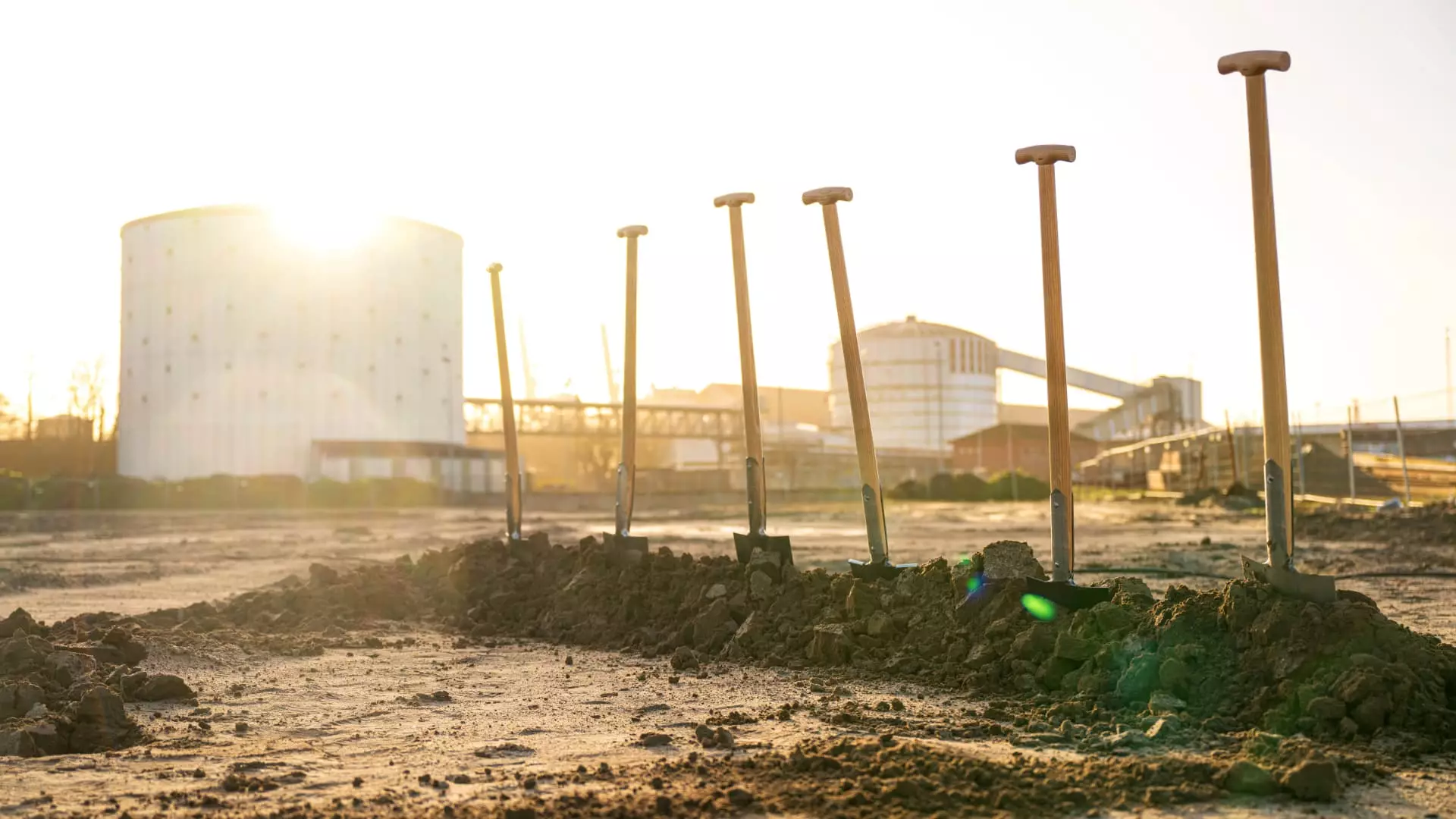Geologic hydrogen, also known as white, gold, or natural hydrogen, has been gaining attention as a potential gamechanger in the shift away from fossil fuels. The idea of harnessing hydrogen gas found naturally beneath Earth’s surface has led to a surge in companies actively searching for geologic hydrogen deposits, prompting analysts to describe it as a “white gold rush.”
Pete Johnson, CEO and co-founder of Koloma, a U.S.-based clean fuel startup, believes that geologic hydrogen exploration is fundamentally an exploration and production business. He emphasizes the importance of leveraging expertise and service providers from the oil, gas, and mining industries to drive the discovery of carbon-free resources. However, Johnson acknowledges that there are still many challenges to overcome in unlocking the potential of geologic hydrogen.
Geoffrey Ellis of the U.S. Geological Survey suggests that there could be a vast amount of naturally occurring hydrogen buried in underground reservoirs worldwide. He believes that even a small percentage of geologic hydrogen recovery could potentially supply the projected demand for 200 years. Koloma’s Johnson envisions geologic hydrogen as a primary energy source with a minimal carbon impact, a tiny land footprint, and low water impact, making it an attractive option for decarbonization efforts.
The Debate Surrounding Geologic Hydrogen
Despite the optimism surrounding geologic hydrogen, there are skeptics who question its clean energy potential. The Hydrogen Science Coalition raises concerns about the environmental impact of the extraction process and challenges related to transportation and distribution. They point out that geologic hydrogen currently supplies less daily energy than a single wind turbine, highlighting the need for further research and development in this area.
Johnson acknowledges that while there are roadblocks to overcome, Koloma is well-capitalized to tackle these challenges. The company has secured investments from a diverse group of backers, each with their own interests in the technology, resource discovery, and low-carbon derivative products that can utilize geologic hydrogen. Johnson emphasizes the importance of patience and thoughtful planning in navigating the complexities of geologic hydrogen exploration.
The exploration of geologic hydrogen presents both opportunities and challenges in the quest for clean energy sources. While the potential for geologic hydrogen to play a significant role in the energy transition is promising, there is still much work to be done to address the technical, environmental, and logistical hurdles associated with its extraction and utilization. As companies like Koloma continue to innovate and collaborate with industry partners and investors, the future of geologic hydrogen exploration remains an intriguing frontier in the pursuit of a sustainable energy future.

Leave a Reply